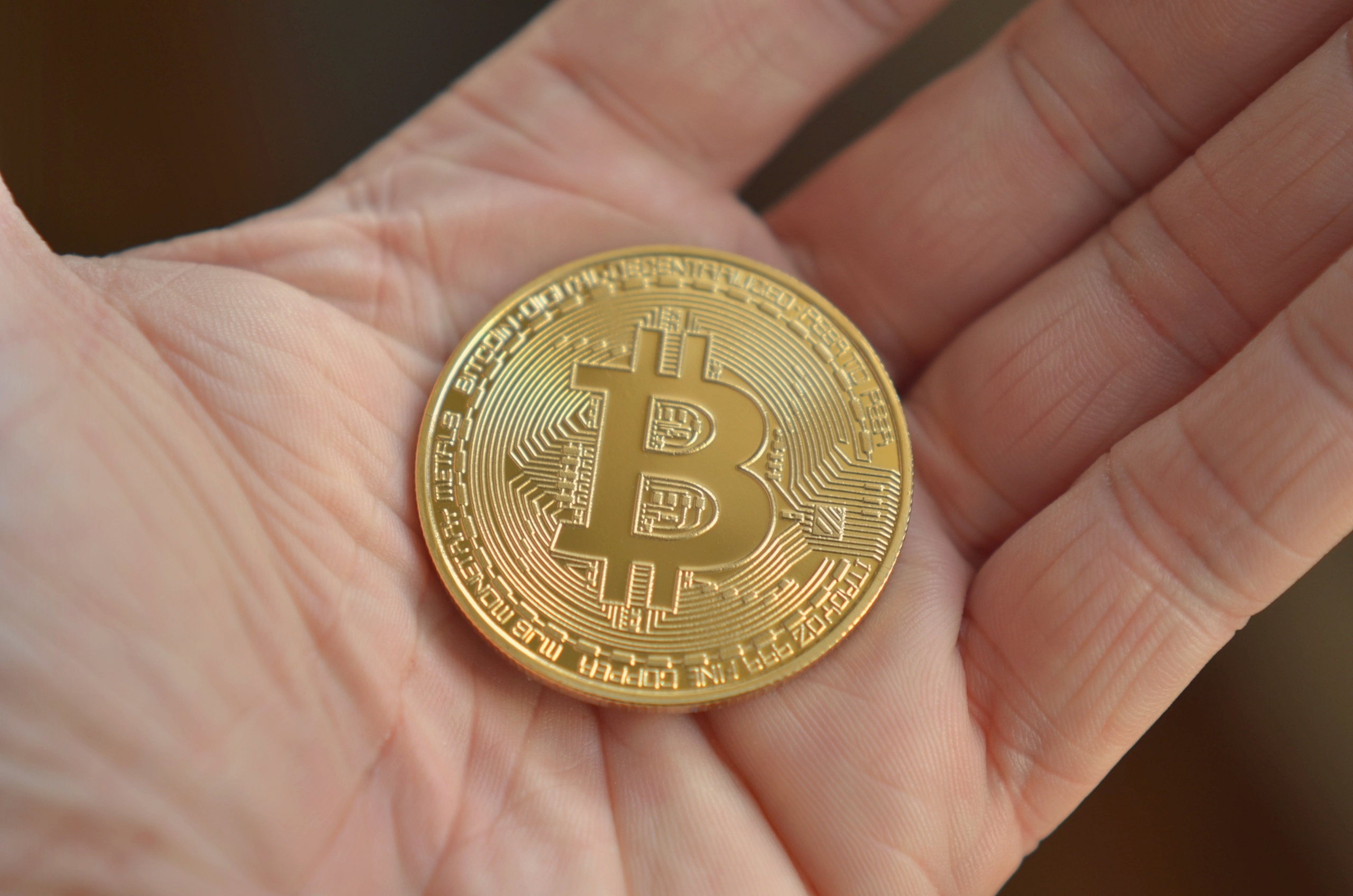
- Overnight, Western sanctions which hit ordinary Russians and Ukrainians whose cities remain under siege turned to trading Bitcoin to try and cater for the gaps in their financial systems.
- Similar to the Bitcoin boom fueled by Turkey’s lira crisis, Bitcoin continues to act as a hedge against unpredictable times for more than a handful of investors.
What happens if your local bank has been shelled by artillery fire? Or you can’t get cash out of the ATM because foreign governments have booted your national lenders off the ubiquitous SWIFT system?
Why, you buy Bitcoin of course.
Overnight, Western sanctions which hit ordinary Russians and Ukrainians whose cities remain under siege turned to trading Bitcoin to try and cater for the gaps in their financial systems.
Ordinary Russians, many of whom do not agree with the Russian invasion of Ukraine and who have since witnessed the ruble plummet, took to buying Bitcoin to lock-in as much value as they could with volumes of the ruble-Bitcoin pair climbing to its highest level since last May.
Ukrainians are also betting on Bitcoin, both as a hedge against the war’s disastrous consequences on the economy, but also because many financial services have been disrupted by the Russian invasion, with Ukraine’s hryvnia trading for Bitcoin soaring to a level not seen since October last year, according to data provider Kaiko.
Russians are no stranger to cryptocurrencies, with Moscow estimating that they own US$22.9 billion worth, while 12% of Russians, or 17 million people already own cryptocurrencies, according to data from payment gateway TripleA.
While geopolitical uncertainty has seen stocks and other risk assets, including cryptocurrencies, tumble from their all-time-highs, cryptocurrencies are proving a genuine use case, as a tool that can allow ordinary citizens to continue with their financial lives, amidst the most dire of circumstances.
Bitcoin’s alleged role in a portfolio as “digital gold” has come under pressure.
With the price of bullion soaring amidst the uncertainty from the Russian invasion of Ukraine, flows out of Bitcoin products coincided with strong inflows into gold ETFs and other instruments.
Meanwhile, the correlation between stocks and Bitcoin has increased, with the Nasdaq 100 and S&P 500 continuing to show a strong relationship with the cryptocurrency.
Those assumptions have been overturned as the world witnessed cryptocurrency donations pour into Ukraine and ordinary Russians turn to Bitcoin to salvage what remained of their meager savings as the ruble collapsed.
Similar to the Bitcoin boom fueled by Turkey’s lira crisis, Bitcoin continues to act as a hedge against unpredictable times for more than a handful of investors.



